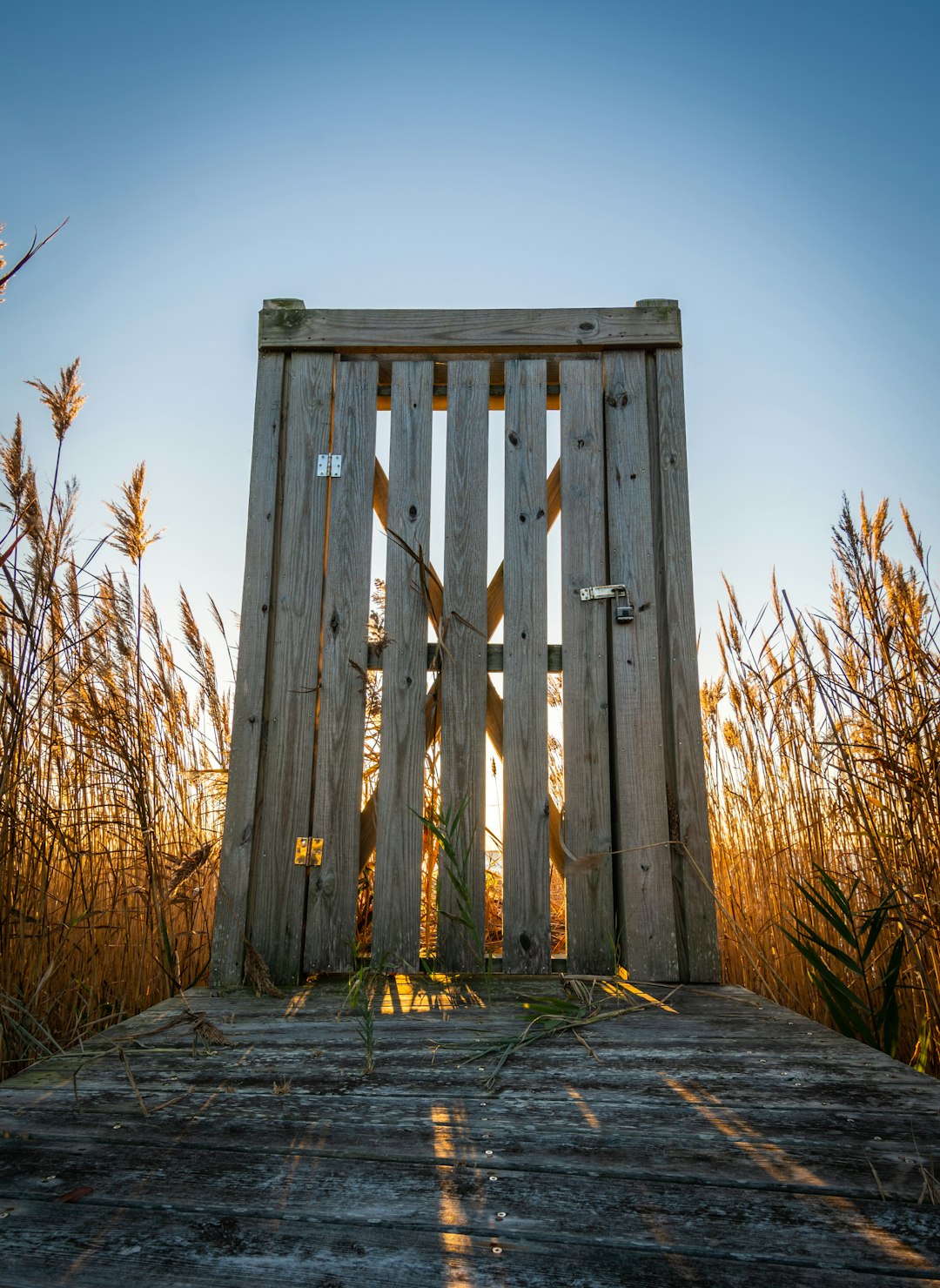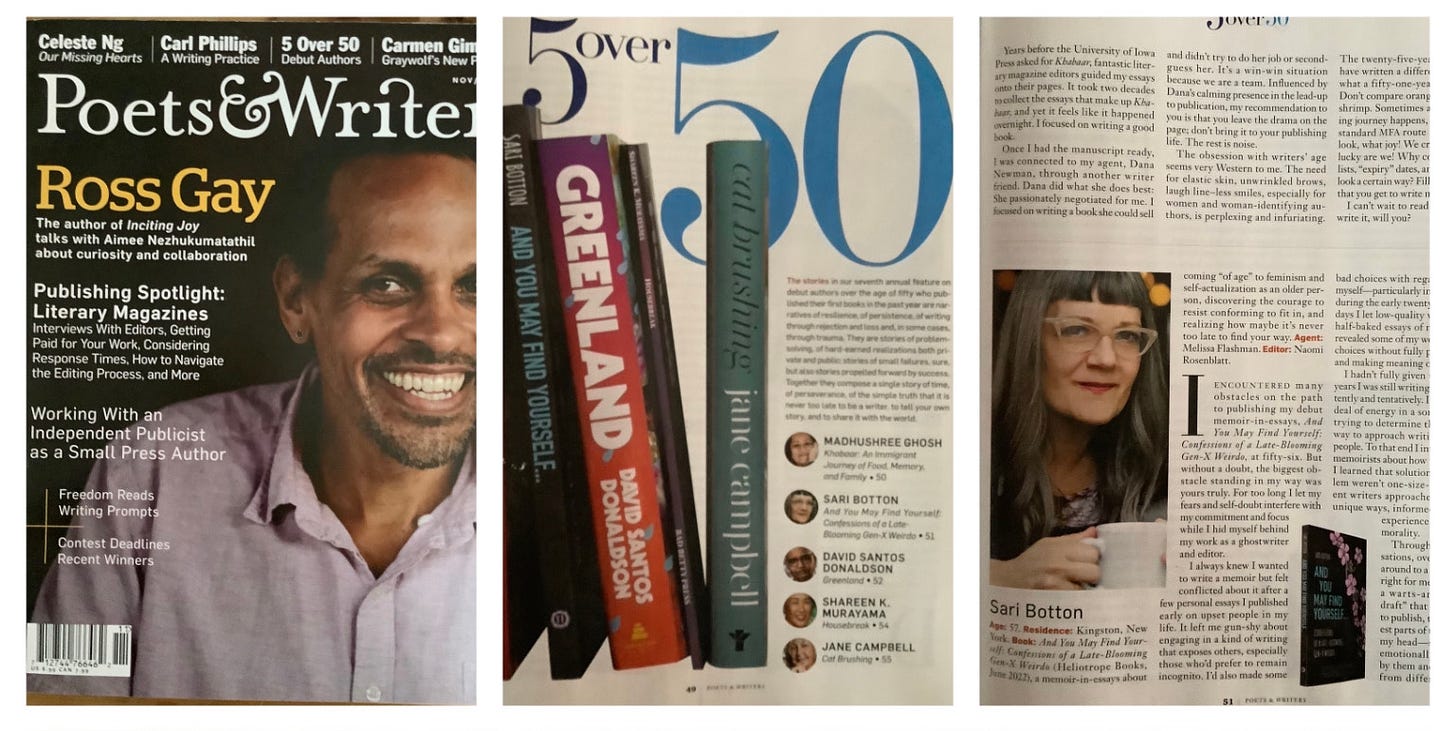
As both a writer and editor, I have a complicated relationship to gatekeepers and gatekeeping. As a writer, I’m forever trying to crash through gates whose keepers seem inclined to leave me outside of them, and as an editor, I’m constantly being pursued by writers who want in.
I’m lousy at both gatecrashing and gatekeeping. But professionally they’re my constant preoccupations, these two sides of a coin. So I’m forever trying to make sense of them.
***
Recently I sent out a group email to a number of writers whose submissions I’d accepted for Oldster Magazine, warning them that it will take me much longer than anticipated to edit and publish their pieces. I’d opened submissions on August 31st, the magazine’s one-year anniversary, and have since been flooded with pieces, some of them great. By and large, this is a happy problem: talented people want to write for me. My inbox is filled with an embarrassment of riches, and I’m excited to get to publish them.
On the flip side, I am already behind on fielding (too many) submissions for the First Person Singular original essay series that’s part of the Memoir Monday newsletter I also edit. In addition, I’m teaching creative writing in a number of places, reading and grading student assignments week-in and week-out. In other words, I’m constantly reading, responding to, and shaping other people’s writing. And while I enjoy that, there’s consistently more of that work on my plate than I can handle (for less and less money, as publishing and media continue their downward spirals). And I have less and less time for my own writing, which makes me feel resentful.
I hate saying no, even when it seems the essays on offer could use a fair amount of revision and even developmental editing—not something I have much time for in this economy.
Somehow, though, in my current fried mental state, I have managed to read and consider many of the submissions for both newsletters—and excitedly accept and schedule many more of them than I can use in the near future. In a few embarrassing cases, after realizing how heavy of a lift was needed on some pieces, I’ve had to go back to the authors and tell them that on second thought, I can’t take on the level of editing that is necessary to make them work, and return the piece to them.
Part of the problem is that I don’t like to turn people down. I hate saying no, even when it seems the essays on offer could use a fair amount of revision and even developmental editing—not something I have much time for in this economy. But because I’m also a writer who knows what it feels like to want to be chosen, and because it feels exciting to help bring a piece up to another level—and because in some ways I find essay and memoir editing a fun puzzle to solve—whenever I see even the slightest hint of potential in a piece, I feel inclined to grab it, sometimes against my better judgment.
I should add that I also feel it’s important to give opportunities to less established and emerging writers. That will always be a part of what I do—an important duty every editor should take on, as far as I am concerned. But I need to strike a better balance between that and working with more experience writers, because newer writers need more from me, and I’m burning out.
***
For a long time, this tendency of mine to issue an enthusiastic “yes!” too easily and too often made it difficult for me to make sense the more stringent gatekeeping I’ve experienced as a writer.
Here are some things others might find obvious, which I’m finally starting to understand: Gatekeepers are supposed to keep most people out. Duh. They are supposed to keep the gate from getting breached. Why? A) Quality control. B) In most cases, the number of submissions is exponentially larger than the number of slots open for acceptance. C) Editors have limited time to edit, so they can’t take on submissions that need a lot of work.
Whenever I see even the slightest hint of potential in a piece, I feel inclined to grab it, sometimes against my better judgment.
Acceptances are inherently rare because opportunities are rare, and time is limited and precious. Editors are supposed be discerning in their choices and choose only the best of the best, which means they must to default to “no,” as opposed what is apparently my favorite word in the entire English language, “yes.”
I imagine many editors are constitutionally different from me, too—less concerned with being liked, or afraid of hurting people’s feelings, and more comfortable with establishing and maintaining boundaries. They’re probably healthily mindful of their own time constraints, something I struggle with, which gets me into trouble with myself, and with the writers waiting for me to get around to their work.
***
I think it’s important to note, however, that we’re not talking about any kind of true meritocracy here. So many of the writers who keep getting chosen for the most plum gigs and assignments are those with greater privilege, who are better connected through money and the associations that come with it—who often have personal relationships with editors from college or grad school, or their school friends’ social circles, or their families’ social circles.
Gatekeepers are supposed to keep most people out. Duh. They are supposed to keep the gate from getting breached.
Publishing and media, like all industries under capitalism, favor the rich, the connected, and the popular. These businesses are also incredibly cliquey. Many gatekeepers are predisposed to accepting the work of friends, and friends-of-friends, especially if those friends and friends-of-friends possess money and/or social clout in the lit and media spheres. That makes for even fewer slots for us all to vie over. (All the more reason for editors to commit to making room for those less connected!) As an editor, while naturally I sometimes work with friends, I choose them and their work only if it’s really good, and I make sure I don’t turn to the same writers too often.
Add to all this another tier of unofficial, self-appointed gate keepers with sharp elbows, people who work to keep themselves and the friends who can help their careers front and center, and others with whom they might feel competitive out of the way. This might sound like high school bullshit, but it can have a very real effect on one’s ability to succeed at a certain level in these fields—especially when those unofficial, self-appointed gate keepers go on to land jobs as actual gate-keepers.
I try to rise above this stuff, to not even pay attention to it, but now and then it gets the best of me. When it does, I tell myself it’s probably this way in every field, and then I remind myself to mind my own business, do the best writing I can, and just keep moving forward. It’s really all a writer can do.
In other news…
I’m thrilled to have been chosen as one of Poets & Writers’ “5 Over 50” this year, for my debut memoir, And You May Find Yourself…Confessions of a Late-Blooming Gen-X Wierdo. I’m in good company, alongside Madhushree Ghosh, David Santos Donaldson, Shareen K. Murayama, and Jane Campbell. You can read all about it in the November/December issue.



"When it does, I tell myself it’s probably this way in every field, and then I remind myself to mind my own business, do the best writing I can, and just keep moving forward. It’s really all a writer can do." Amen. So hard, but the only thing we can do really. And congrats on making the 5 over 50!!
Sari, I love what you do, all of it. So for as long as you can and, as long as it makes you happy, keep doing it!
Have you thought about to have a list of editors whom you trust, and send the writers with the pieces you think are promising but needs work to these editors. I don't think most writers would mind to pay a (small) fee to get their work improved? Just food-for-thought :).